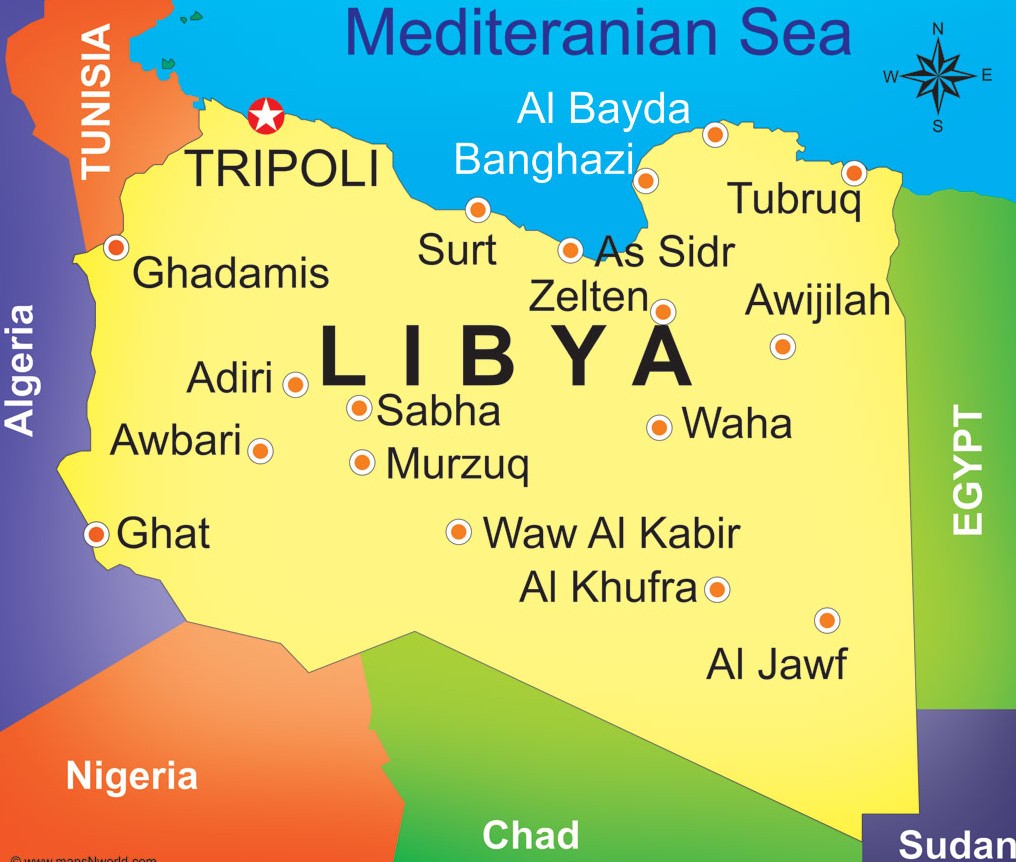Share this
EACC chief executive Halakhe Waqo said the commission received 450 applications from public officers to open or continue to operate bank accounts outside Kenya. PHOTO | FILE
Civil servants denied permission to open foreign bank accounts
- The Ethics and Anti-Corruption Commission (EACC) said it rejected the requests, mainly because the State officers submitted incomplete applications and failed to make full disclosures.
- Payment of school fees abroad, receiving salaries and business payments were some of the reasons given by the non-diplomatic applicants in setting up bank accounts in foreign countries.
- Article 76(2) of the Constitution provides that public officers must not open or continue operating a bank account outside Kenya without approval from EACC.
More than 146 government employees have been denied permission to operate bank accounts outside Kenya, as law enforcement agencies bring into force a constitutional provision that seeks to stem the long-standing culture that is seen to help public officials steal and stash billions of shillings abroad.
The Ethics and Anti-Corruption Commission (EACC) said it rejected the requests, mainly because the State officers submitted incomplete applications and failed to make full disclosures.
Those rejected represent nearly a third of the total 450 applications that the EACC received in the year to June 2015.
“The commission received 450 applications from public officers to open or continue to operate bank accounts outside Kenya. Of these, 304 were approved,” EACC chief executive Halakhe Waqo says in the agency’s annual report for the fiscal year ended June 2015.
Article 76(2) of the Constitution provides that public officers must not open or continue operating a bank account outside Kenya without approval from EACC.
Of the total approved, 277 are officers working in Kenyan diplomatic missions abroad while the remaining 27 are public officers based in Kenya.
Payment of school fees abroad, receiving salaries and business payments were some of the reasons given by the non-diplomatic applicants in setting up bank accounts in foreign countries.
EACC’s move to make public the number of officers running offshore accounts highlights new efforts to fight public sector corruption.
Kenya is estimated to lose more than Sh500 billion or about a tenth of GDP to bribery, creative accounting, wasteful spending, tendering fraud, and other graft practices, according to a study by KPMG.
Moi-era carpetbaggers – mostly public officers – looted more than £1 billion (Sh146 billion) from taxpayers’ and stashed the cash in offshore bank accounts and prime real estate overseas, according to a forensic study by Kroll Associates.
President Mwai Kibaki ordered the Kroll study shortly after ascending to power on an anti-corruption platform in the 2002 General Election.
The move to regulate operations of offshore bank accounts is meant to tame the corrupt practice of pillaging taxpayers’ cash and hiding the loot abroad.
“It is meant to cure any possibility of money laundering by public officers,” said EACC spokesman Benson Marimba.
The number of public officials allowed to run bank accounts outside Kenya has now risen to 367 as at the end of January 2016.
Another 38 applications have been deferred pending submission of requisite documents and further disclosures, EACC said in a statement to the Business Daily.




















